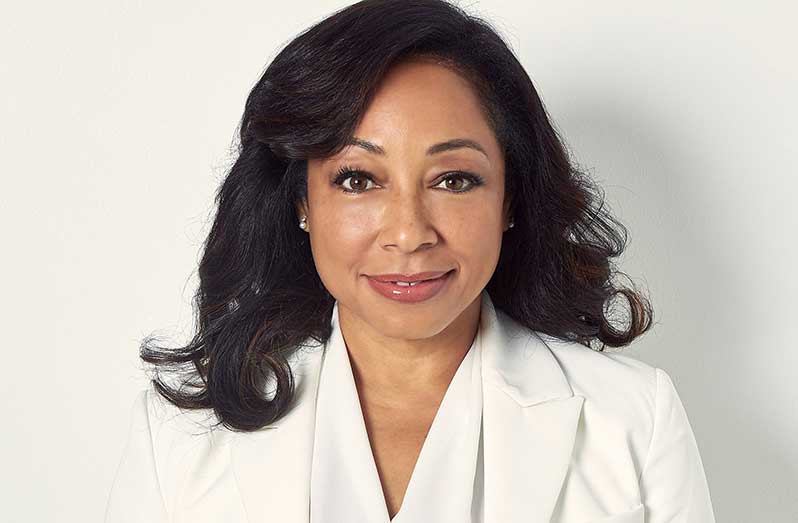– Guyana highlights need for safeguards to ensure high-quality carbon credits, fair pricing in global markets
AFTER nearly a decade, world leaders during the United Nations Climate Change Conference (COP29) agreed on the final building blocks to set out how carbon markets will operate.
Though a notable achievement, there are still concerns about how forested countries like Guyana will navigate the market.
“Safeguards are crucial to prevent low-quality carbon credits from entering the market. If low-quality products flood the market, it could dilute the quality, and lead to a collapse in prices,” Guyana’s Vice-President Dr. Bharrat Jagdeo on Thursday argued, as he pointed out the need for equity and certification in maintaining the markets standards.
Dr. Jagdeo, while responding to questions posed to him by the Guyana Chronicle at his weekly news conference stated that even though the government here is ‘pleased’ that there was some progress, the agreements emerging out of the Conference of Parties do not live up to the goal of keeping the world on a sustainable trajectory.
“We are disappointed in that regard,” he said, noting that Guyana will show its full support for market developments that promote financing for forest and biodiversity credits.
“For Guyana, anything that supports market development, particularly in forests and biodiversity credits, is something we support. Certification is key to maintaining high-quality forest carbon. We hope credible organisations will certify carbon before it enters the market. Without proper certification, any country could introduce substandard products, undermining the market. In our case, we use the ART-TREES certification process, which is robust, and ensures our carbon is of the highest quality,” he said.

Guyana has established its own unique mechanism, through the creation of one of the first Low-Carbon Development Strategies in the world, which enabled it to enter a voluntary market for the sale of carbon credits.
The Architecture for REDD+ Transactions (ART) had issued 7.14 million vintage carbon credits to Guyana, marking a ground-breaking achievement in the global fight against climate change.
Simultaneously, the Government of Guyana had announced the world’s first Paris Agreement corresponding adjustment, a significant step reported to the United Nations Framework Convention on Climate Change (UNFCCC).
These developments fulfilled requirements to label the credits as the world’s first eligible for use by airlines towards their targets in the 2024-2026 phase of the International Civil Aviation Organisation (ICAO)’s global emission reduction programme, CORSIA.
The issuance by ART, known as TREES credits, recognises Guyana’s efforts at successfully reducing emissions from forest loss and degradation, while maintaining one of the world’s most intact tropical forests through jurisdictional REDD+ initiatives.
Meanwhile, Global Ambassador for the United Nations Framework Convention on Climate Change (UNFCCC) and the Chief Executive Officer for the Caribbean Climate-Smart Accelerator (CCSA), Racquel Moses, during media engagement on Friday highlighted the inequity in the assessment of carbon credits, where most assessors are from the global north, which also produces much of the carbon.
She is advocating for a global south entity funded by the north to build capacity in assessing carbon credits fairly.
“We have to be vigilant; we have to be vigilant on the safeguards that are required to ensure that the carbon credits that are entering the market are quality credits,” Ms. Moses said.
She reiterated the need for vigilance to ensure high-quality carbon credits enter the market, stressing the importance of proving additionality, and advocating for fair pricing. She called for proactive engagement in global carbon exchanges to monitor and influence the market.
“…fair pricing goes hand-in-hand with the quality of the credits; I would advocate for us looking at the opportunities that exist, [for] us to work together to create an entity in the global south funded by the global north to build our capacity in assessing these carbon credits and ensuring that there is fairness in how they are determined, and that there’s increasing rigor, but that that rigor is not overly onerous, so that it makes it more difficult for us to sell our carbon credits.”


.jpg)











